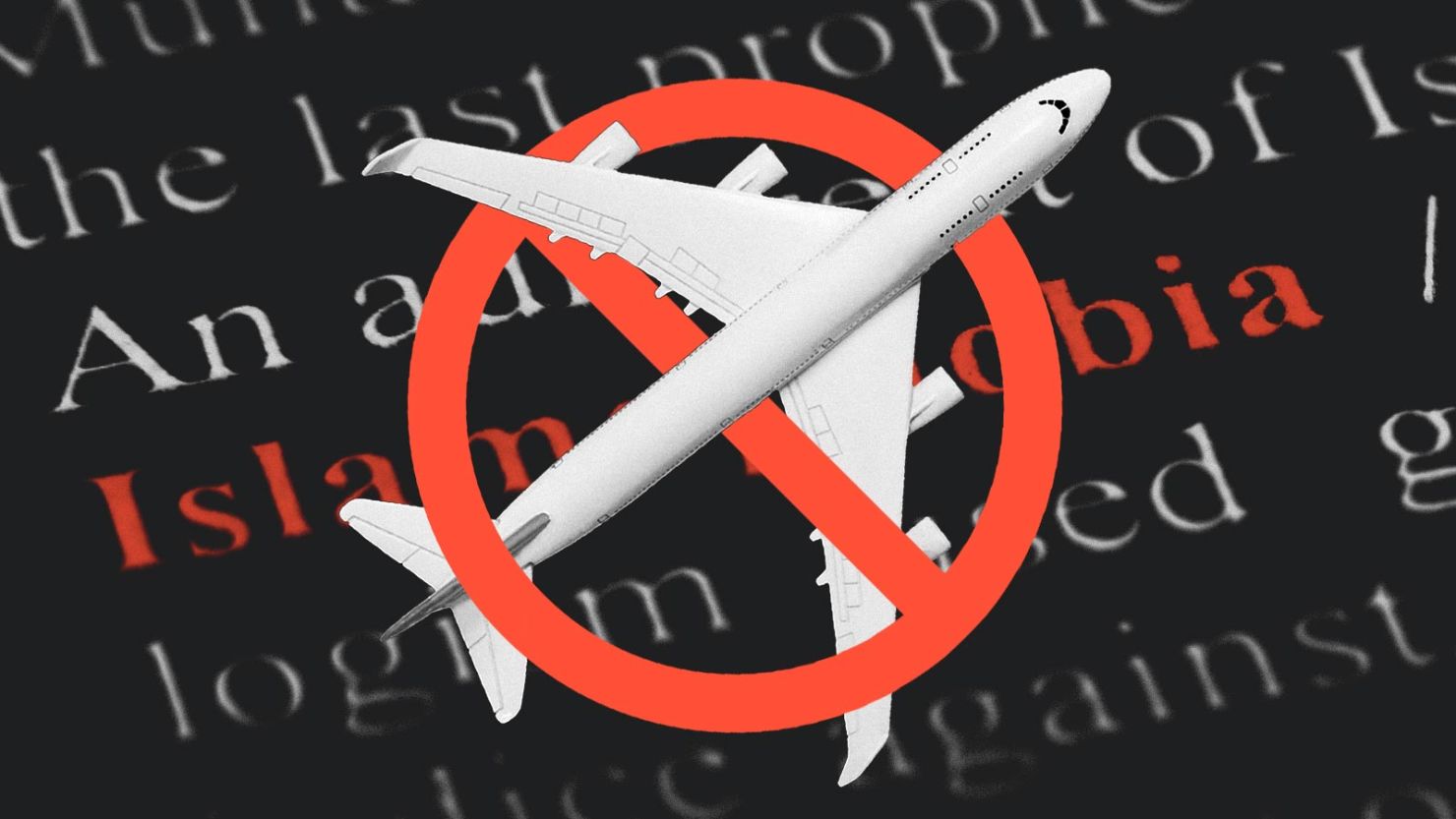The terrorist attacks of September 11, 2001, in New York and Washington fundamentally reshaped global politics, security, and social dynamics. Four passenger aircraft were hijacked; two were flown into the Twin Towers of the World Trade Center, a third struck the Pentagon, and the fourth crashed in Pennsylvania. Nearly three thousand people were killed. The tragedy was not confined to the United States alone, and it marked a turning point in international affairs.
Almost immediately, responsibility for the attacks was attributed to al-Qaeda, and with it began an era of negative propaganda against Islam and Muslims in the Western world. Under the banner of the “War on Terror,” the United States launched military interventions in Afghanistan (2001) and Iraq (2003). Beyond the battlefields, however, Muslims, particularly those living in Western societies, faced suspicion, hostility, and systemic discrimination.
Although traces of Islamophobia existed before 9/11, the attacks transformed it into a systematic phenomenon. Western media, political rhetoric, and cultural industries converged to portray Islam as inherently violent.
Media framing: Research shows that Western news outlets disproportionately associated Muslims with terrorism, reinforcing stereotypes.
Cultural production: Hollywood films and television series frequently depicted Muslims as extremists, misogynists, and antagonists.
Academia and policy: Curricula and policy discourse increasingly framed Islam as a “civilizational threat”.
Thus, Islamophobia shifted from being a reactive prejudice to a structured element of Western public discourse and security policy. Surveys illustrate this transformation. In 2002, only 25% of Americans believed Islam was more violent than other religions. By 2017, nearly 50% held this view. In the United States and Europe, attacks on mosques and Islamic centers increased significantly. Muslim women, especially those wearing the hijab became visible targets of hostility. Discrimination in employment, harassment at airports, and intrusive surveillance became normalized.
Personal testimonies highlight the depth of alienation:
A student reported being told by a counselor, “We don’t want people like you here,” when inquiring about an advanced chemistry class.
A 70-year-old Muslim man was physically assaulted by a neighbor during a family celebration, accused of “looking like ISIS.”
A man told us: “I was in the park with my family when some people shouted at us, ‘You are terrorists, you’re all terrorists, all Muslims are terrorists. You all must leave, there is no place for you here.’ People from different sides were hurling insults at us.”
The U.S. government’s “Special Registration” program (NSEERS, 2002–2011) further institutionalized profiling, targeting immigrants from Muslim-majority countries . Meanwhile, incidents of Qur’an desecration, vandalism of cemeteries, and mosque attacks reinforced the perception of Muslims as perpetual outsiders.
For many powerful states, Islamophobia functioned not merely as a social prejudice but as a political instrument. The invasion of Afghanistan was justified under the pretext of dismantling “terrorist sanctuaries.” The invasion of Iraq was launched on claims of “weapons of mass destruction” that were never found. Across the Middle East, Islamophobia provided a convenient pretext for controlling resources and reshaping political orders. This was accompanied by a deliberate cultural project: promoting Western modernity as the universal norm while portraying Islamic culture as outdated. A comprador elite in Muslim societies was cultivated to reinforce this narrative.
While 9/11 was undeniably a tragedy, the subsequent “War on Terror” evolved in many respects into a “War on Islam.” Islamophobia inflicted profound economic, social, and psychological harm on Muslims worldwide. It continues to shape public perceptions and policies in the West, where prejudices against Islam remain entrenched.
The persistence of Islamophobia underscores a critical challenge for Muslim societies: to effectively communicate Islam’s true message of peace, justice, and tolerance. As scholars argue, counter-narratives must emphasize Islam’s universal principles of compassion, coexistence, and equity. Only by reasserting these values in global discourse can the walls of prejudice and hatred be dismantled.
The views expressed in this article are the author’s own. They do not necessarily reflect the editorial policy of the South Asia Times.







![Prime Minister Narendra Modi with External Affairs Minister S. Jaishankar at an official event. [Photo Courtesy: Praveen Jain via The Print].](https://southasiatimes.org/wp-content/uploads/2026/02/20-scaled-e1755601883425-1024x576-1.webp)